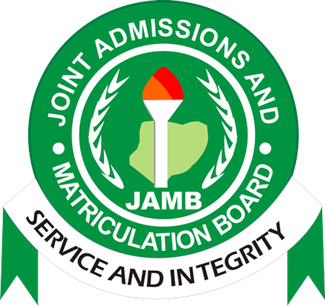ASUP issues a 15-day ultimatum to suspend scheme of service implementation


The Academic Staff Union of Polytechnics (ASUP) has issued a 15-day ultimatum to public polytechnic authorities to postpone the implementation of a ‘contentious’ service system developed by the National Board for Technical Education (NBTE).
The ultimatum goes into effect starting July 8.
The union’s president, Kpanja Shammah, announced this during a media event in Lagos on Monday.
ASUP’s 110th National Executive Council (NEC) meeting, held on July 4 in Abuja, evaluated the scheme of service on academic practices and standards both domestically and globally.
Mr Shammah stated on Monday that the scheme’s execution should be suspended, noting that several of its provisions fell below standards.
“Following critical review of the document by the NEC of the union and in pursuit of our commitment to the advancement of the interest of members and the polytechnics in Nigeria, the following resolutions were made:
“The union demands suspension of implementation of the identified provisions until the requisite amendments are effected. The ultimatum is with effect from July 8.
“At the expiration of the 15-day ultimatum, the union’s NEC will reconvene to decide a specific and legitimate course of action to address the issue.
“Zones and chapters of the union are to prepare members for necessary actions within the 15-day ultimatum through congresses, peaceful protests and media campaigns on the issue,” he said.
Mr Shammah said that the scheme of service contained significant and fundamental deviations from the one prepared by stakeholders and coordinated through a series of consultative engagements by the NBTE for over six years.
He also claimed that the document’s approval route was legally questionable, saying that the role of the Office of the Head of Civil Service of the Federation (OHCSoF) as the approving authority was challengeable.
He said, “the status of Nigerian polytechnics was again brought to question by this controversial document.
“The tertiary educational institution status of polytechnics is settled in different laws and policy instruments.
“Therefore, the introduction of sub-tertiary level qualifications like, in this instance, the National Skills Qualifications (NSQ) as a mandatory condition for academic staff career growth, is a misnomer as the possession of NSQ has no meaningful contribution to the delivery of the contents of the curricula of the different programmes offered in polytechnics.
“This is again amplified by the sustenance of titles for the lecturer and librarian cadres in the document, which are at variance with the norm in tertiary education globally,” he said.
Mr Shammah said that several provisions in the document eroded gains made in the union’s battle against ‘this condemnable act’.
The ASUP president said that polytechnics could not discriminate against its products in the manner prescribed in the document.
According to him, there are discriminatory entry points into the lecturer cadre against HND holders.
He added that the scheme of service lowered career progression bar of holders of HND both in the teaching and non-teaching cadres.
Mr Shammah also said that there was discrimination against holders of HND in the appointment of registrars and bursars.
Similarly, Masopa Nurudeen, ASUP Zone C coordinator, said, “Our union keenly observed the inclusion of retrogressive provisions for polytechnic graduates.
“This position creates existential threats to polytechnic education.
“The Federal Ministry of Education should work with the timetable as contained in the roadmap for Nigeria’s Education Sector on the establishment of a commission for polytechnics and implementation of the dual mandate structure for polytechnics to enable them to commence running of degree programmes,” he said.





